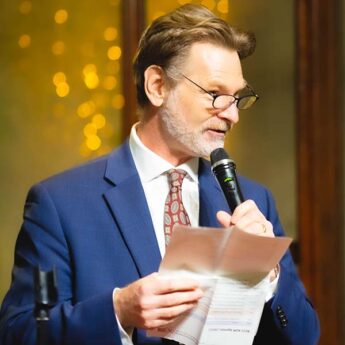The Covid-19 pandemic is the darkest public health scenario to unfold in living memory, bringing misery throughout the world. Tragically, by the time the crisis subsides, there will be all too many in our communities who know someone dealing with the emotional trauma of having lost a family member, friend or colleague.
Beyond the devastating impact on public health, Covid-19 has precipitated an economic crisis not seen since the Great Depression of the 1930s. The causes, however, and hopefully speed of recovery, are different. With chilling clarity, Nobel Prize-winning economist Paul Krugman has tweeted that governments around the world have effectively put their economies into a coma with strict lockdown to allow healing. Massive government spending provides life support to businesses and workers in the hope that the economy can be revived when the health crisis is under control.
Japan’s experience has been somewhat different, with its version of “lockdown lite” reliant on voluntary public restraint to avoid the Three Cs: closed spaces, crowded places and close-contact settings. To provide an objective comparison of the lockdown experience between countries, the University of Oxford’s Blavatnik School of Government has developed an insightful Stringency Index. As of 24 April, the UK scored 71 and Japan 67. A higher score does not indicate a better response, rather the imposition of greater restrictions on society.
The index for each country varies over time with their evolving policy response. In Japan, at the time of writing, the state of emergency has just been lifted across the country. For firms, however, there will be no bright-line threshold mandating the time to pivot from crisis response to business recovery. Leaders will need to exercise judgement in light of prevailing facts and circumstances, as well as the unique impact on their own business and stakeholder ecosystem.
In the weeks to come, though, it seems likely that the dizzying unpredictability of spring will give way to a more stable period of uncomfortable uncertainty. Without reliable vaccines, however, this is a situation in which we may find ourselves operating for some time. Accordingly, an increasing number of leaders will begin shifting their inward focus on survival (employee safety and operational continuity) towards an outward-facing pursuit of market opportunities.
The pivot from managing a crisis towards managing a transition requires a change in perspective and capabilities. It is also an invitation to envision what the outcome of recovery might look like, and to plan the journey to get there. For many firms, there can be no successful return to business the way it was. The most resilient (and ultimately successful) are likely to be cognisant of the change in social contract between business and society—empathetic to employee concerns about how, when and where they work—and alert to the changing preferences and expectations of customers and consumers.
Business models must change accordingly. For the British Chamber of Commerce in Japan, this means a return to face-to-face events as soon as it is safe to do so, combined with a continuation of our new virtual formats. In positioning the chamber for the months ahead, we will combine the best of past and present, remaining alert for the opportunities that the future will hold.

